Hotel room cleaning is an essential part of housekeeping, and your efforts in this area can go a long way toward enhancing the guest experience and improving your hotel’s reputation. In this article, you can find various ways to meet and even exceed your guests’ expectations in this area.
Table of Contents:
- How is the Hotel Industry Defined?
- What is Hotel Housekeeping?
- What Are the Duties of a Room Attendant?
- 12 Hotel Room Cleaning Tips to Ensure Your Hotel Meets Guests’ Expectations
- Make a Plan Before Starting Operations
- Ensure Your Housekeeping Trolley Is Up To Standards
- Increase Sustainability by Using Eco-Friendly Products
- Use Digital Checklists for Hotel Housekeeping
- Housekeeping Schedule Optimization and Automation
- Using Pattern Recognition to Improve Quality
- Keep Housekeeping Communication Strong
- Make Sure Any Furniture is Cleaned Regularly
- Train Staff to Keep Standards High
- Keep an Eye on Your Laundry Equipment
- Use Creative Solutions to Optimize Operations
- Provide Pest Awareness Training
- PMS Software: Which Integrations Are Important?
- Understanding the Six Main Areas of Hotel Operations
How is the Hotel Industry Defined?
Hotel room cleaning describes an activity within the hotel industry, but what is this industry, and how is it defined? The term usually describes the industry surrounding businesses offering paid, overnight accommodation to guests temporarily. Therefore, it is not strictly limited to hotels alone.
Based on the most common definition, the term ‘hotel industry‘ describes all businesses, including hotels, inns, holiday cottages, boutique hotels, bed and breakfasts, motels, hostels, resorts, and serviced apartments. Excluded from this definition are any forms of accommodation intended to be used as long-term accommodation.
The “Hotel Industry: Everything You Need to Know About Hotels!” article provides much more information about what the industry is, the types of accommodation included, and its place within the wider hospitality industry.
What is Hotel Housekeeping?
The hotel housekeeping department is primarily responsible for any hotel room cleaning efforts, so it is worth explaining precisely what hotel housekeeping is. Within hotels and similar businesses, the housekeeping department ensures the property is clean, tidy, safe, and a pleasant place to stay.
Tasks may include cleaning rooms, changing bed sheets and other items between guest stays, keeping public spaces neat and tidy, disinfecting surfaces, removing litter, and ensuring the environment for guests is hygienic.
In the “Hotel Housekeeping Guide: 11 Tips & Tricks to Clean Your Hotel” article, you can access a complete definition of housekeeping, understand where hotel room cleaning fits into the daily tasks of housekeeping staff, and access a list of 11 of the best tips and tricks that will help you to keep your hotel clean and safe.
What Are the Duties of a Room Attendant?
While hotel room cleaning is one of the most important duties of a room attendant, there are other tasks to handle besides. Room attendants are responsible for hotel guest rooms’ cleanliness and general upkeep. Room cleaning includes hotel room changeovers and cleaning rooms while guests stay in the hotel.
Other key tasks include checking equipment in rooms and alerting maintenance or management staff if items in the room are broken or if beds, tables, and other furniture become damaged. Room attendants will also handle laundry tasks, may also need to clean communal spaces, and generally serve as ambassadors for the hotel.
In “Housekeeping Duties: 8 Main Responsibilities of a Room Attendant“, you will be able to learn more about the responsibilities of room attendants, the importance of these duties, and the various job requirements.
Video: Housekeeping Duties
12 Hotel Room Cleaning Tips to Ensure Your Hotel Meets Guests’ Expectations
In the sections below, you will find 12 hotel room cleaning tips to help your property meet guests’ expectations.
1. Make a Plan Before Starting Operations
Careful planning is critical before starting any hotel room cleaning operations. There is much more that goes into cleaning operations than you may immediately think, because you will need to make sure the right number of staff are in the hotel to cover the workload, and you will need to make sure the right rooms are prioritized.
Keep track of your cleaning supplies and ensure your housekeeping department has all the necessary equipment. Hotel technology, such as housekeeping software, can be used to plan out which guest rooms to assign to which staff. It is also important to have contingency plans in place, in case anything unexpected occurs, such as equipment failures, or rooms that require much longer to clean because they have been intentionally vandalized.
2. Ensure Your Housekeeping Trolley Is Up To Standards
Your housekeeping trolley is one of the most crucial tools at your room attendants’ disposal, so it must be up to standard. Ensure you have adequate supplies for the rooms that need to be cleaned on the trolley, as this can eliminate the need for staff to keep walking backward and forwards between the supply room.
The trolley should have different compartments or allow storing and transporting of several bags, so clean sheets and towels can be kept entirely separate from any dirty laundry. At the same time, it is important that the trolley can be easily pushed and brought to a stop, as this helps to keep housekeeping staff safe.
3. Increase Sustainability by Using Eco-Friendly Products
Modern hotel guests are more concerned than previous generations were about environmental issues, and those in relevant hotel management positions need to respond by taking appropriate steps. Within the field of housekeeping, one of the ways to achieve this is to invest in eco-friendly hotel room cleaning products.
Avoid using overly harsh chemicals and turn to eco-friendly alternatives whenever appropriate. You need to strike a balance here because eco-friendliness should not be pursued at the expense of hygiene and safety, but where a simple eco-friendly replacement will do the job just as well, you should make the switch.
Video: How to Keep Sustainability for Hotels With Eco-Friendly Practices.
4. Use Digital Checklists for Hotel Housekeeping
One of the biggest issues housekeeping teams encounter is having too many things to do during a single shift. This can quite easily lead to tasks being overlooked or forgotten about. A great way for hotel room cleaning teams to circumvent this issue is by using digital checklists.
Using checklists is nothing new for housekeeping, but digital checklists have many benefits over traditional paper- or whiteboard-based checklists. The digital checklist can be easily shared across multiple devices, updated for all users in real-time, fully traceable, and more environmentally friendly.
5. Housekeeping Schedule Optimization and Automation
A wide range of performance metrics can be used to monitor housekeeping teams. Still, this data can also be used to optimize and even automate your housekeeping schedule.
For instance, you can track the performance of a housekeeping team when it contains different numbers of people and find the ideal number for cleaning a specific number of rooms. This will then allow you to balance issues like expenditure on staff pay and staff workloads with the actual benefits they offer for your hotel.
6. Using Pattern Recognition to Improve Quality
Another of the emerging hotel trends in relation to hotel room cleaning and housekeeping is the use of pattern recognition software. This allows hotels to identify any issues that come up multiple times, so they can be addressed quickly and that any associated damage to your reputation can be kept to a minimum.
Patterns that could be detected include similar complaints by guests about the state of hotel rooms, or similar issues regarding hygiene. The software may even detect patterns in which staff members are responsible for rooms that receive complaints, and this can be used to provide further training.
7. Keep Housekeeping Communication Strong
Communication is critical for hotel room cleaning success. Not only do customers need to have channels to communicate any issues they encounter to the front desk, the hotel housekeeping staff need to be able to swiftly and effectively respond and communicate with one another. Tasks need to be allocated quickly, and updates need to be provided.
Communication can take many forms within a hotel, but a property management system or dedicated housekeeping software can be extremely effective. This will allow a housekeeping manager to allocate specific tasks to individual staff members while providing tools for communication with other hotel departments.
8. Make Sure Any Furniture is Cleaned Regularly
A common mistake housekeeping teams make during hotel room cleaning is focusing all efforts on bed sheets, towels, toilets, showers, carpets, and hard surfaces. However, the furniture within hotel rooms requires a lot of focus. Depending on your hotel business, this could include chairs, sofas, futons, etc.
These furniture items must be kept clean and also free from allergens. This can be especially crucial for any gusts that suffer from allergies or conditions like asthma. Attachments can be used on vacuum cleaners to remove dust and other particles from fabrics before using your main fabric cleaning products.
9. Train Staff to Keep Standards High
Once you reach a high standard of hotel room cleaning, it is important to maintain those standards, and the best way to do this is through a robust training program. Provide regular training to staff members. You should also ensure new hires are onboarded properly and receive the same training as established team members.
Over time, new technology may become available, or new methods may emerge as best practices, so you will need to take the time to train housekeeping staff so they can implement any necessary changes. On top of activities related directly to housekeeping, it is important to teach and regularly reinforce customer service skills too.
10. Keep an Eye on Your Laundry Equipment
Your hotel room cleaning efforts will hugely rely on the quality of your laundry equipment, so you must keep a close eye on it. Check regularly to see if washing machines, dryers, and other appliances are in full working order and report any issues quickly so that maintenance staff can take action.
Replace any items that need to be replaced and avoid trying to delay this. It is also important to teach housekeeping staff how to use the equipment effectively and provide some best practices for looking after it. This can serve as preventative maintenance, potentially saving you from further issues.
Image attribution: Braun Linen
11. Use Creative Solutions to Optimize Operations
While there will always be a sense of order and structure to hotel room cleaning efforts, one of the best tips is to try to get creative when optimizing operations.
Think carefully about where your hotel housekeeping department is based and whether a better location could be found. Use your appliances outside peak hours and ensure that washing machines and dryers are fully loaded to avoid unnecessary washing and drying cycles. Reward great performers in your team and try to make training sessions fun.
12. Provide Pest Awareness Training
Finally, one of the quickest ways to damage your hotel’s reputation is to experience pest issues, including cockroaches, rats, bedbugs, and flies. For this reason, you should take time to provide staff with pest awareness training.
Such training can help housekeeping staff understand how hotel room cleaning practices prevent issues. Your staff can also learn some best practices to minimize the chances of pests becoming a problem on your property. Simple steps include regularly cleaning behind objects, checking for bedbugs often, and switching to artificial plants.
PMS Software: Which Integrations Are Important?
PMS software is one example of a software solution that can be used to optimize hotel room cleaning efforts. For example, one of the key integrations of a PMS is reputation management software, which can be valuable in identifying common housekeeping issues. However, there are many other integrations to be aware of too.
In the “PMS Software: Which Software Integration Should a PMS Have?” article, you can learn all about property management systems, how they work, the most valuable integrations, and their benefits.
Understanding the Six Main Areas of Hotel Operations
Housekeeping and hotel room cleaning represent one of the six main areas of hotel operations. However, the other areas are just as important, including the front office, the reservations and hotel marketing department, and management and finance teams. To reach peak performance, all core operations need to be running smoothly.
Read the “Hotel Operations Guide: Learn How to Run Your Hotel Successfully” article for a comprehensive look at the six main hotel operations departments, the most valuable software solutions, and some essential strategies.
Hotel Room Cleaning FAQs
Hotel room cleaning can easily be the difference between receiving positive or negative reviews from guests, so it must receive appropriate attention. The tips provided should help you to meet and even exceed guests’ expectations in this area, and you can then reap the rewards associated with higher guest satisfaction levels.
More Tips to Grow Your Business
Revfine.com is the leading knowledge platform for the hospitality and travel industry. Professionals use our insights, strategies, and actionable tips to get inspired, optimize revenue, innovate processes, and improve customer experience.Explore expert advice on management, marketing, revenue management, operations, software, and technology in our dedicated Hotel, Hospitality, and Travel & Tourism categories.
This article is written by:
Hi, I am Martijn Barten, founder of Revfine.com. With 20 years of experience in the hospitality industry, I specialize in optimizing revenue by combining revenue management with marketing strategies. I have successfully developed, implemented, and managed revenue management and marketing strategies for individual properties and multi-property portfolios.

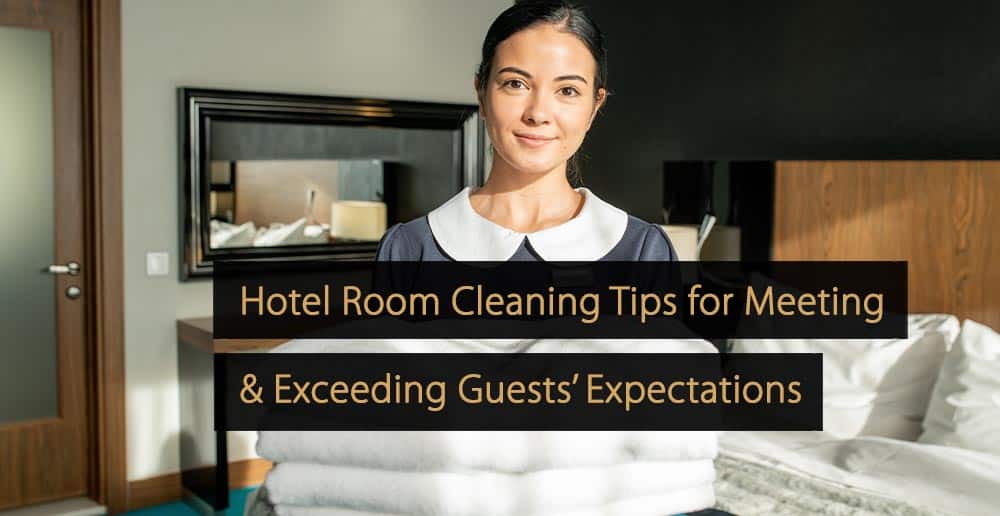
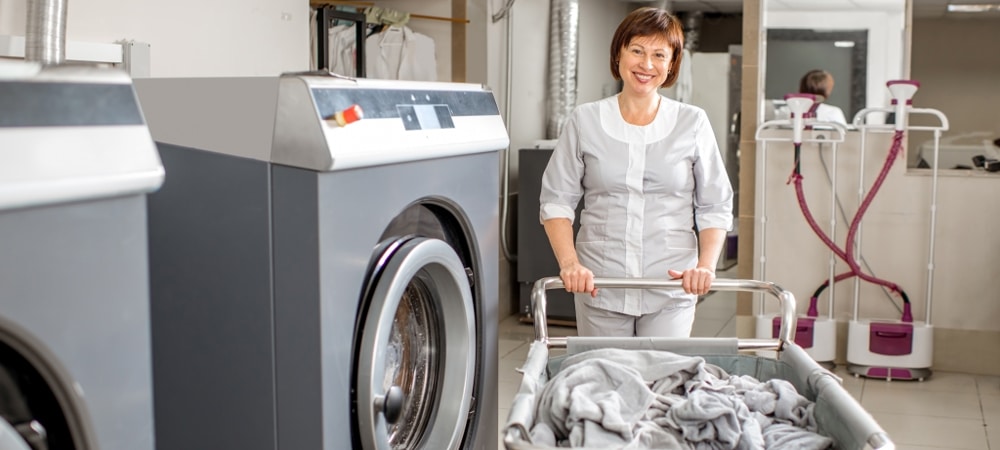

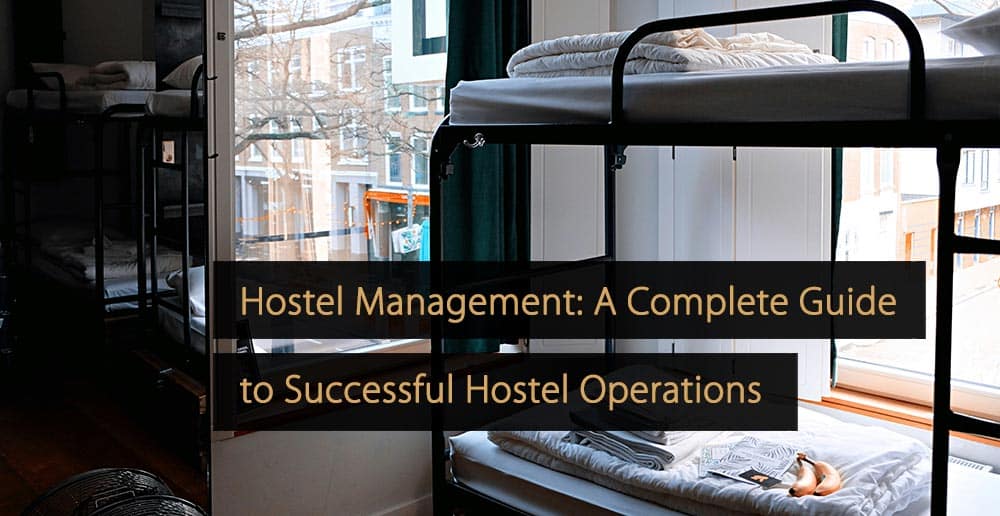

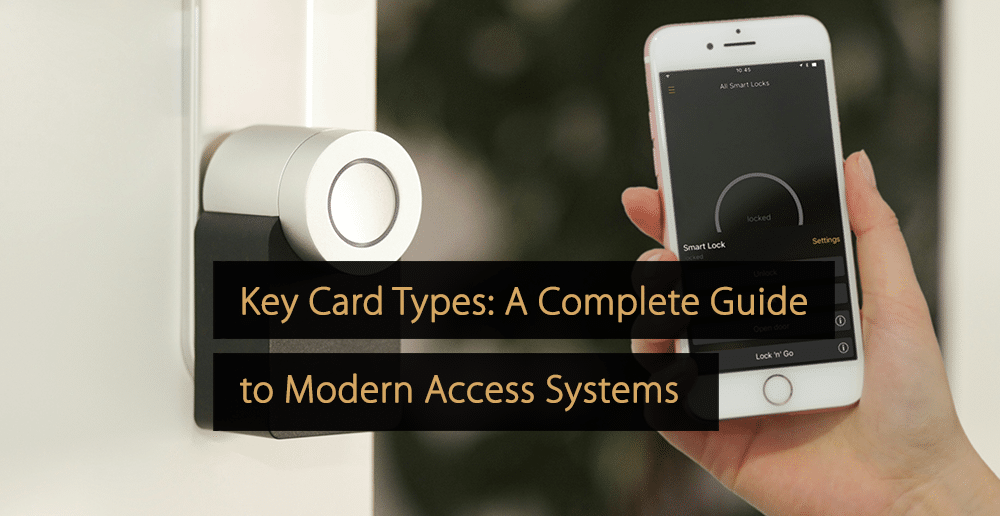
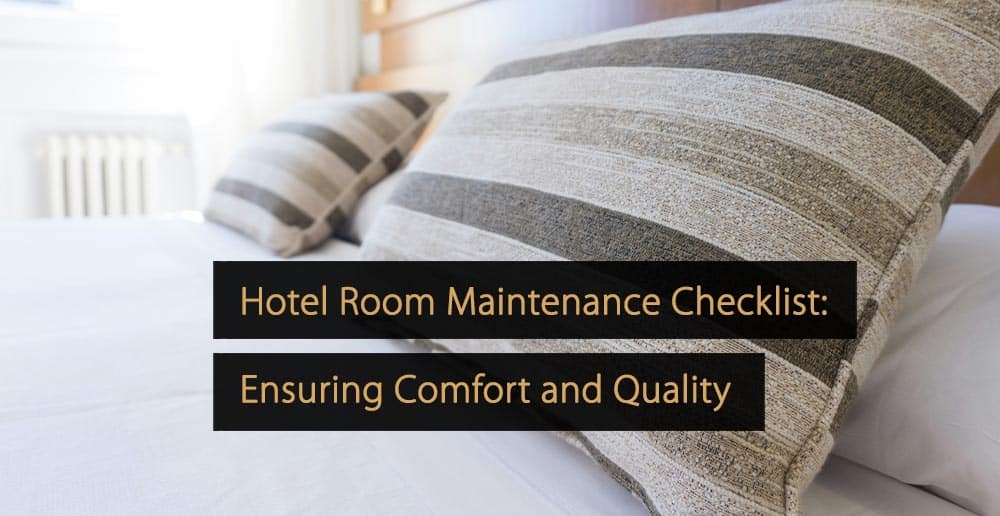
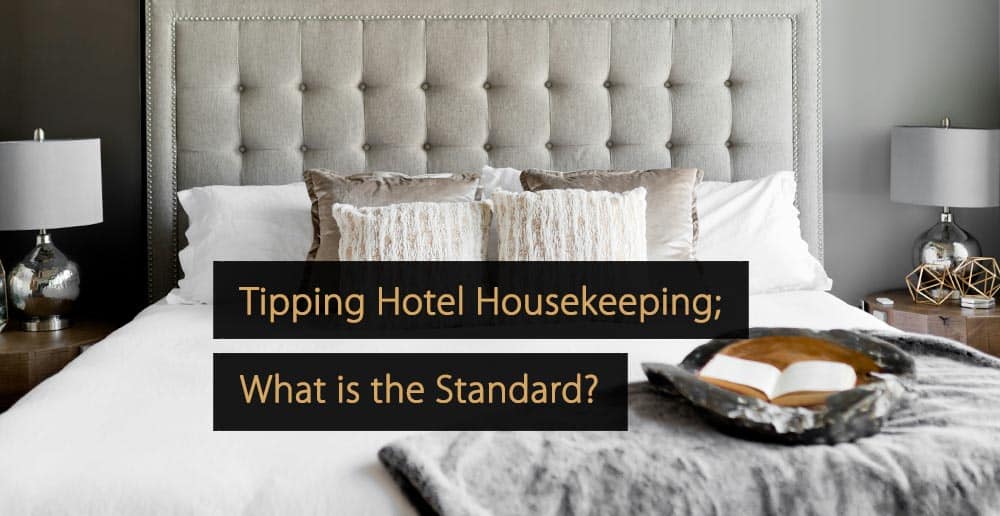

Leave A Comment